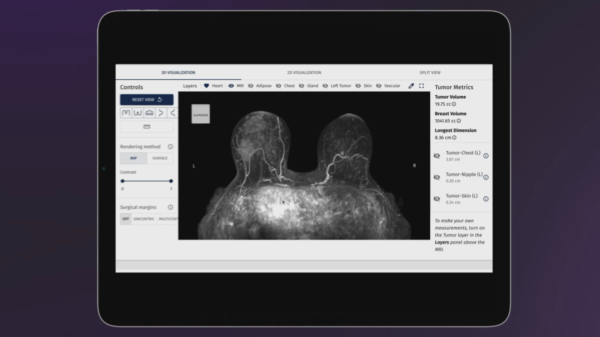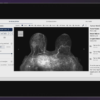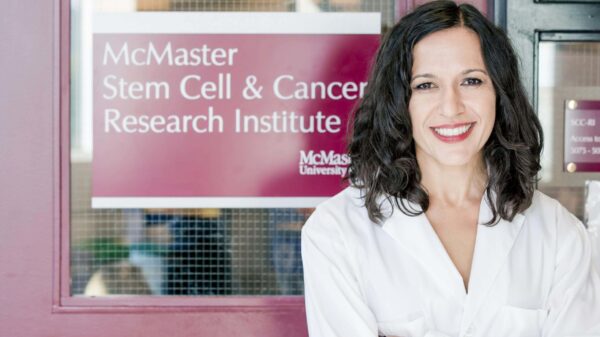Britain’s Cizzle Biotechnology Holdings PLC (LON: CIZ), developer of the “CIZ1B” lung cancer blood biopsy test, has expanded the scope of its initial distribution agreement in North America as it prepares for its diagnostics tool to hit the market next April.
The oncology company just announced that it will now target the Caribbean states and the Cayman Islands — an expansive area with nearly 45 million people.
This expansion will build on a Canadian and American licensing and partnership agreement established with the separate entity Cizzle Bio Inc (BIO) on Oct. 21. The similar name reflects the importance of the collaboration between the two companies. BIO will pay Cizzle half a million in early royalty payments for its distribution rights next year.
“The extension to the Caribbean arises from specific interest from some of our investors with connections to hospital groups requiring early cancer diagnostic tests,” BIO Chairman and CEO, Bill Behnke, stated.
Cizzle’s test works by identifying a biomarker variant of the CIZ1 protein in a subject’s blood (CIZ1B), which is known to be linked to early-stage lung cancer.
“The extension of our agreement to include the Caribbean was driven by BIO investor interest and connections within the healthcare sector in the Caribbean,” Cizzle Executive Chairman, Allan Syms, said in a statement, “and represents a logical progression in our global licensing and partnership strategy.”
Cizzle aims to use its blood test to diagnose other cancers after it becomes widely available for lung cancer diagnostics in 2025.
Read more: Breath Diagnostics onboards new president and closes critical financing
Read more: Breath Diagnostics pioneers novel lung cancer breath test
Cizzle partners with Florida’s top cancer hospital
In September, Cizzle initiated a collaboration with the Moffitt Cancer Center.
They will evaluate the efficacy of the CIZ1B test in patients with suspicious lung nodules. The blood samples obtained will be analyzed at the University of York in the United Kingdom where Cizzle originated. It was spun out of the school’s Department of Biology after scholars there discovered the biomarker.
“For the first time, patients with suspicious lung nodules at a major cancer clinic will be evaluated using our test as part of their clinical assessment,” Syms said in a news release on Sept. 12.
Cizzle highlights inaccuracy of low-dose CT scans
The company is one of multiple that are pioneering more convenient methods of testing for the disease.
Cizzle has pointed out that although low-dose CT scans are widely used, they have major flaws.
“CT scanning currently has a false positive rate of approximately 90 per cent, depending on route of referral,” Cizzle says. “False positive results lead to unnecessary and costly investigations that are typically repeated multiple times,” the biotech company added.
“These are often invasive and can cause significant patient trauma.”
In addition to blood biopsies, one of the most practical and even less invasive diagnostics methods being pioneered today is breath testing.
The American company Breath Diagnostics Inc. is currently in the late R&D phases with its breath test technology and it will soon become commercially available. A team of scientists from Zhejiang University in China have also developed an efficacious breath test.
Saliva and urine analyses have emerged as valuable alternative options too.
AstraZeneca plc (NASDAQ: AZN), Thermo Fisher Scientific and Illumina Inc (NASDAQ: ILMN) are some of the big dogs in the lung cancer diagnostics market. Also, Roche Holdings AG Basel ADR Common Stock (OTCMKTS: RHHBY) and Agilent Technologies Inc (NYSE: A).
rowan@mugglehead.com














